
Chronic Condition Management
Latest News
Latest Videos

CME Content
More News

GLP-1s are in high demand from patients, and the results are often impressive. But are there hidden risks in prescribing these drugs?

For patients struggling with self-management, telehealth offers solutions by creating new ways to engage that make the care process less taxing, less costly, and more effective.

Large NIH-funded studies show real-time alerts help doctors reduce unnecessary use of strong antibiotics

RSP Systems achieves major milestone in non-invasive glucose monitoring technology
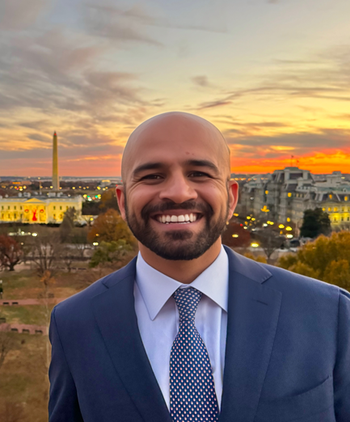
By normalizing HIV conversations, primary care physicians can help turn the tide against HIV.

Addressing the unique, complex needs in women’s health care while improving care, easing the burden on OB-GYNs, and ensuring adequate payment.
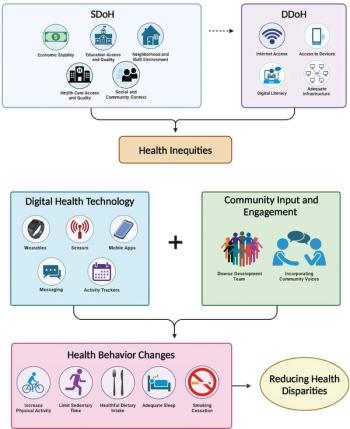
American Heart Association says physicians should consider how digital drivers of health affect patients.

Experts urge physicians to move beyond outdated metrics and weight stigma during a panel discussion at the ACP Internal Medicine Meeting in New Orleans.


GLP drugs, new technology and breakthroughs in research are transforming diabetes care — and fueling hope for a cure.

As obesity medications gain popularity, many older Americans support coverage — but not higher premiums.
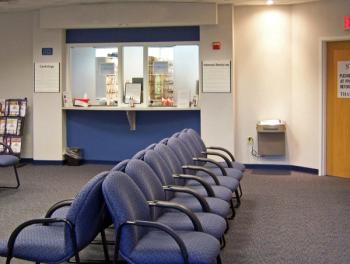
New research in the Annals of Family Medicine explores how visit type, urgency and patient demographics shape the balance between continuity and convenience.

Policy center argues patients around the world benefit when Americans pay more than their fair share for research and medicines.

A view from the front lines in a pediatric practice.

High-fat diet may weaken immune response, study finds

Because early detection is key, here is what clinicians should know about advanced strategies and emerging treatments to optimize patient outcomes in bladder cancer management.
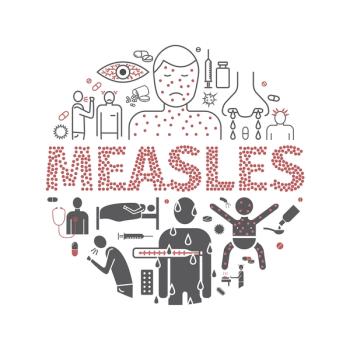
Public health experts describe the latest on measles cases in Texas and broader concerns about vaccinations.

Limited coverage may hinder personalized treatment options for alcohol use disorder.
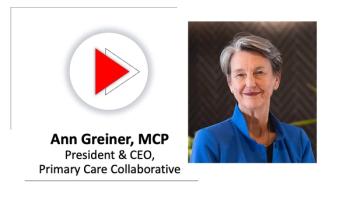
Primary Care Collaborative President and CEO Ann Greiner, MCP, discusses primary care in the U.S. health care system.

Here’s why doctors should consider bringing cardiac monitoring in-house to improve patient care.
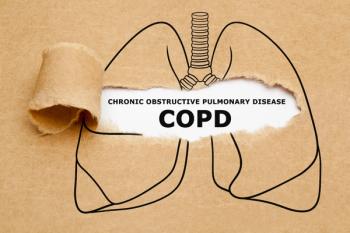
Undertreated depression and anxiety may be making patient COPD symptoms worse
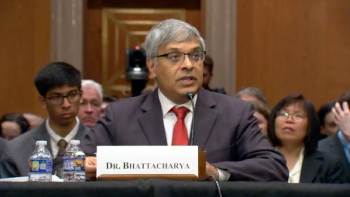
Senate HELP Committee has questions for Trump nominee.

President mentions some health care issues in address to Congress.

Physicians, pharmacists and artificial intelligence can join to form a cost-effective solution that improves patient outcomes and financial sustainability.

Study found a link between frequently missing school and suffering from more serious GI disorders









